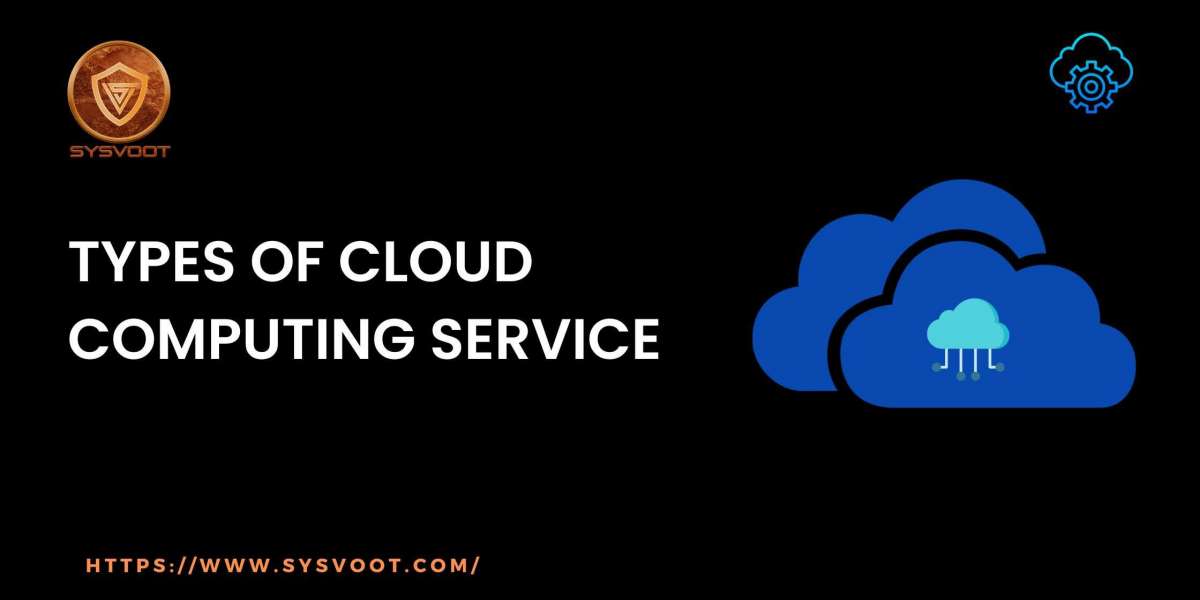Medical Records Retention
Managing medical records is a necessary part of providing medical care. Records are an invaluable source of evidence that can be used to defend against malpractice claims. Keeping patient records properly secure is also crucial.
The retention period for medical records is different for different types of documents. Various states and jurisdictions have their own requirements. Generally, medical records must be kept in their original form for at least six years. In addition, medical professionals are obligated to destroy records after the retention period has expired.
The American Health Information Management Association (AHIMA) recommends a retention period of ten years after the most recent encounter. However, this may not be possible in some instances. If your organization has a high volume of records that are not easily retrieved, you may need to consider a more permanent retention option.
OSHA exposure records
Occupational Safety and Health Administration (OSHA) regulations require employers to keep employee exposure records for 30 years. OSHA also requires employers to provide employees with access to relevant exposure records. These records may include toxic chemical concentrations and other physical agents.
Employers should also keep employee training records and hazard communication training records for the duration of employment. These records should also be available for copying. If an employer is required to keep a noise survey, it should also retain the noise survey results for at least two years.
OSHA also requires employers to maintain a written emergency action plan. Employers should also retain copies of Safety Data Sheets (SDSs) for chemicals used or in use. OSHA requires employers to provide employees with training regarding hazardous chemicals.
Emails
Creating an effective Records Retention for Emails policy requires a thorough understanding of how email works. This includes understanding the value of email, the types of information that can be retained, and the process of transferring records from paper to electronic media.
The first step in establishing an effective Email Retention Policy is to determine the right retention period for your email. This may vary depending on the types of emails that you are retaining. Human resource emails, for instance, may be required to be retained for a longer period of time in order to comply with state and federal retention regulations.
In addition to determining the right retention period, you should also consider implementing automation in your Records Retention for Emails policy. This will help protect against human error and reduce the likelihood of violating applicable laws.
Record categorization
Creating a record categorization for records retention is a vital part of a records retention strategy. It will help you identify the appropriate retention periods for your records. It will also make your document disposal process easier.
The first step is to identify the key terms. These terms will help you classify your records. You will also need to describe the functions of the document. If the document is critical, then it should be stored in a way that makes it easy to access when needed.
You will also need to identify how records should be disposed of. This will depend on the type of record and the business process. If you need to destroy records, then you should think about the cost of disposing of them.
Policies
Developing an effective records retention policy is a vital part of managing records. It can eliminate the need to examine and archive duplicate records, and it can help reduce the burden of responding to e-discovery requests.
It is important to consider the "life-cycle" of records when developing a retention policy. Each agency should take into consideration the types of records that are created, as well as how long those records will be kept. These factors will help to determine if a policy is necessary. Similarly, it is important to take into account the costs associated with storing and maintaining records.
If records are kept for longer than the retention period, a policy must be established to ensure the records are kept in compliance with the statutes. In addition, it is important to keep records updated.








